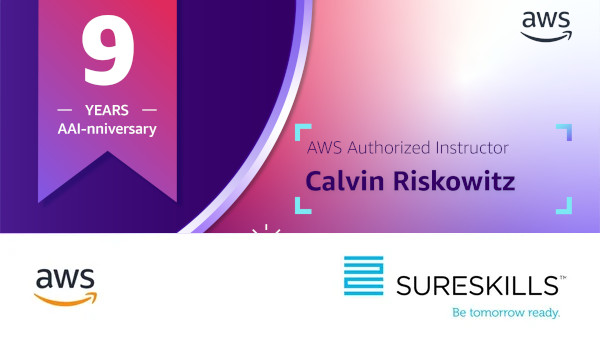%20(3).png?width=1920&name=Blog-%20Online%20Training%20(1920%20x%201080%20px)%20(3).png) Our world is really exciting us just now, isn’t it? We’ve had almost two years of Covid regulations, discussions about hybrid-working, returning to the office permanently, a financial squeeze affecting us all, and we’ve seen horrifying images of those fleeing Afghanistan, and now worse pictures from Ukraine. I wonder how you feel about it all? We would not be human beings if we did not feel some personal impact. Thankfully, we may not all have been physically ill, but all of us have been impacted in some way: mentally, emotionally, psychologically.
Our world is really exciting us just now, isn’t it? We’ve had almost two years of Covid regulations, discussions about hybrid-working, returning to the office permanently, a financial squeeze affecting us all, and we’ve seen horrifying images of those fleeing Afghanistan, and now worse pictures from Ukraine. I wonder how you feel about it all? We would not be human beings if we did not feel some personal impact. Thankfully, we may not all have been physically ill, but all of us have been impacted in some way: mentally, emotionally, psychologically.
Resilience means different things to us all. Those ill strive for better health and strength. Those in tragic situations strive for survival and comfort. Others find motivation in just keeping going. The truth is we are all different. Just like the Sesame Street crew: some of us are colourful, others plain; some enjoy fun, others are more serious; some articulate in our communication, others perhaps not. As we are all human beings, we have strengths and shortcomings with our own unique styles and preferences. Some prefer to work with IT – systems don’t talk back, and usually there’s a binary answer to problems; when we calculate figures or produce statistics, they either add up or not; when we work with other human beings, there’s never one definitive answer to a problem. We all see things different from each other. And that is ok, as long as we also recognise the value each of us brings to the team and the organisation. Just as we all have different skills, levels of knowledge and experience, so too we each bring something unique to every conversation, every decision, every action professionally and personally. That ‘X’-factor is unique, regardless of our role or grade in the organisation.
Daniel Goleman provokes a series of questions to motivate and remind us of our personal influence during times of chaos, excitement, tragedy or triumph, and urging us to become more self-aware and emotionally intelligent.
- What motivates you? – why do you do the job you are in? Is it a passion, a determination, a need for income, an aspiration? Our personal responses will be different. And that’s ok.
- What is it you enjoy about work? – teamwork, working alone, the subject matter, the variety, the routine? We all enjoy different things. That’s ok too.
- What are you good at? - Our strengths have brought us to our current role, as we are known to be reliable, skilful and competent, and that has been noted along with our weaknesses. That is not about arrogance, it’s about recognising the reality of what we are.
- What have you achieved that you are proud of? – How far have you come since leaving the wee primary school all those years ago?
When facing trauma that we cannot control, and when frantically busy, we often lose sight of who we are and what we actually contribute - professionally and personally. But we all really do bring lots of valuable experience, and helpful skills. Sadly, we tend to forget this as we see the emotive images on tv and read tragic details in the press. As we regularly review our motivations, enjoyments, strengths and achievements, we recognise our confidence and appreciate our roles and responsibilities. We also realise that others at work and at home bring totally different responses, skills and experiences, so together enhance diversity and share more expertise. We can then corroborate better and appreciate each other more.
So… don’t forget the human element of leadership or teamwork – no matter what our role might be.




